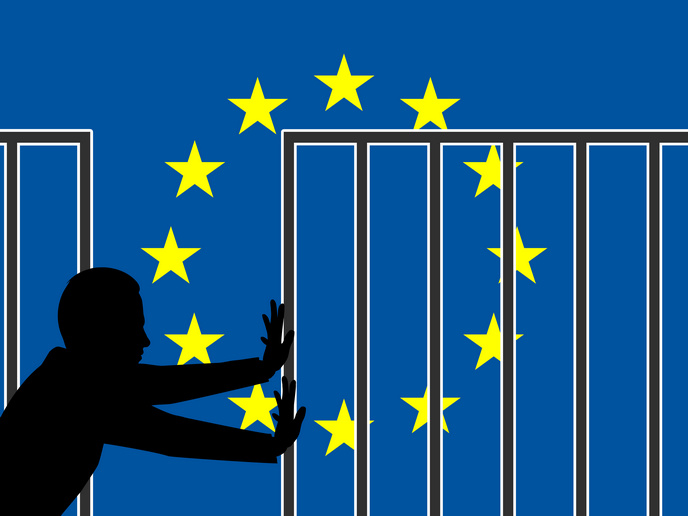Transnational courts need to shape up
Over the last three decades, the world has been holding its breath as authoritarian regimes appeared to be giving way to more democratic societies. While transnational bodies such as the ECtHR may have played a pivotal role in this transformation, in more recent years their influence seems to be wavering. Against this backdrop, the EU-funded DEMTUREUROPE (Democratization and transnational human rights regimes: A case study of Turkey and the European Court of Human Rights) project studied how a transnational court engages governments and influences change. Taking the ECtHR’s involvement in Turkey’s Kurdish conflict as a case study, it looked into the Court’s jurisprudence on gross human rights abuses by Turkey towards its Kurdish minority. Transnational courts undermined by authoritarian states The in-depth analysis of the ‘Turkish problem’ offers an excellent example of how transnational courts fare in authoritarian settings. ‘We investigated the ECtHR’s democracy-expanding and rights-protecting roles in Turkey, as well as the Court’s democracy-constraining and rights-inhibiting roles,’ explains project scientist Dilek Kurban. ‘This revealed variations in the Court’s engagement and effectiveness with political developments in Europe such as the end of the Cold War and enlargement of the Council of Europe.’ An interesting cyclical pattern emerged from the research on how the ECtHR tackled state violence in the Kurdish region in recent decades. ‘The Court was at its most innovative, boldest and most receptive from the early 1990s until the early 2000s,’ reveals Kurban. ‘This showed that a transnational human rights court can effectively tackle state violence by documenting it, giving a voice to its victims and discrediting official denial.’ However, the findings show that the ECtHR could have done more in the right to life and torture cases. Setback for Kurdish rights During the 2000s, as Turkey edged closer to Europe, increased cooperation with the ruling AKP party actually dampened the Court’s receptiveness to Kurdish legal mobilisation. ‘The Court’s willingness to get rid of as many pending cases as possible endorsed Turkey’s strategy of compensating victims’ material losses without offering them apology, truth or justice,’ states Kurban. In the mid-2000s, when the EU negotiations stalled, the AKP government rolled back human rights reforms it had adopted to gain accession status. Subsequently, in the early 2010s, the ECtHR issued judgments that ceased to be effective against Turkey. ‘Without truly effective external pressure, Turkey’s motivations for compliance are no longer much different from Russia’s: to keep up its international reputation as much as its authoritarianism allows.’ The Court also fell behind in protecting the Kurds’ linguistic and political rights claims. ‘The ECtHR’s oversight of Kurdish political and cultural rights claims in Turkey emerged from the assumption that it was dealing with a democratic regime,’ says Kurban. Authoritarian and post-communist commonalities The Turkish case analysed in this project, as well as the cases of Russia, Hungary and Poland, have shown that the ECtHR has not been effective in overseeing authoritarian regimes. ‘The ECtHR should not apply its jurisprudential principles without considering differences between the politico-legal regimes, judicial systems and political cultures of contracting parties,’ notes Kurban. ‘Referring issues and cases back to domestic legal systems and local governments where majorities overpower minorities and where the judiciary is complicit in state violence will legitimise authoritarianism,’ she adds. There is no doubt that DEMTUREUROPE research can support the EU in rethinking how transnational courts operate and how their legitimacy can be strengthened.
Keywords
Transnational courts, European Court of Human Rights, human rights, authoritarian regimes, DEMTUREUROPE





